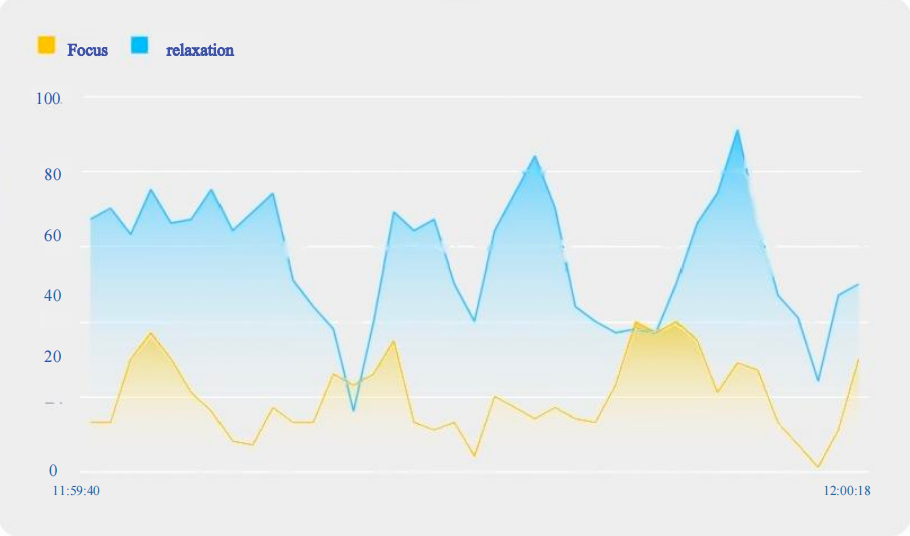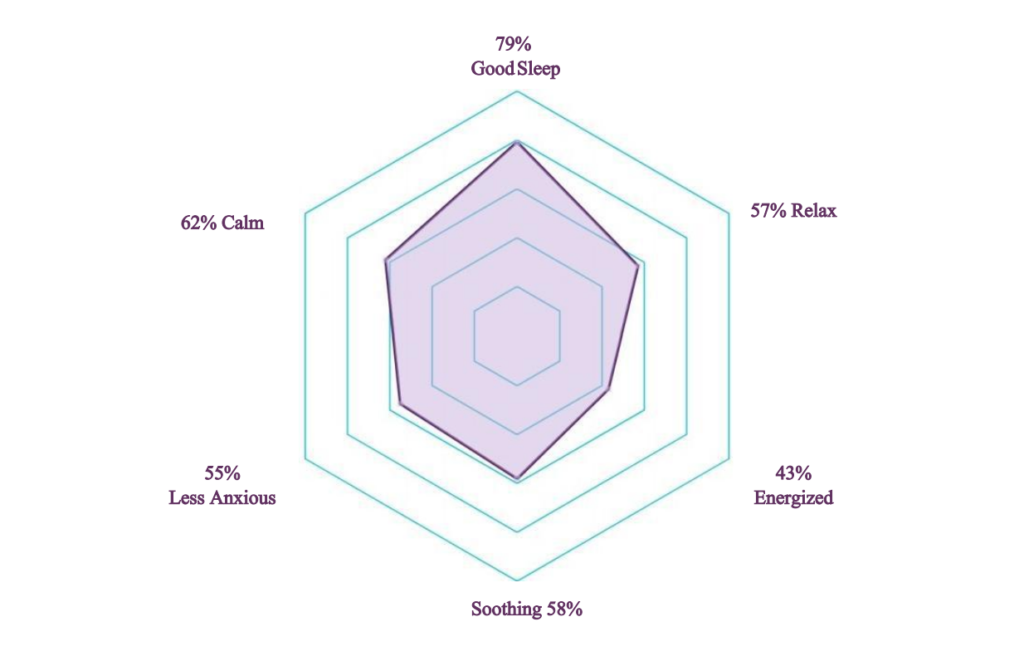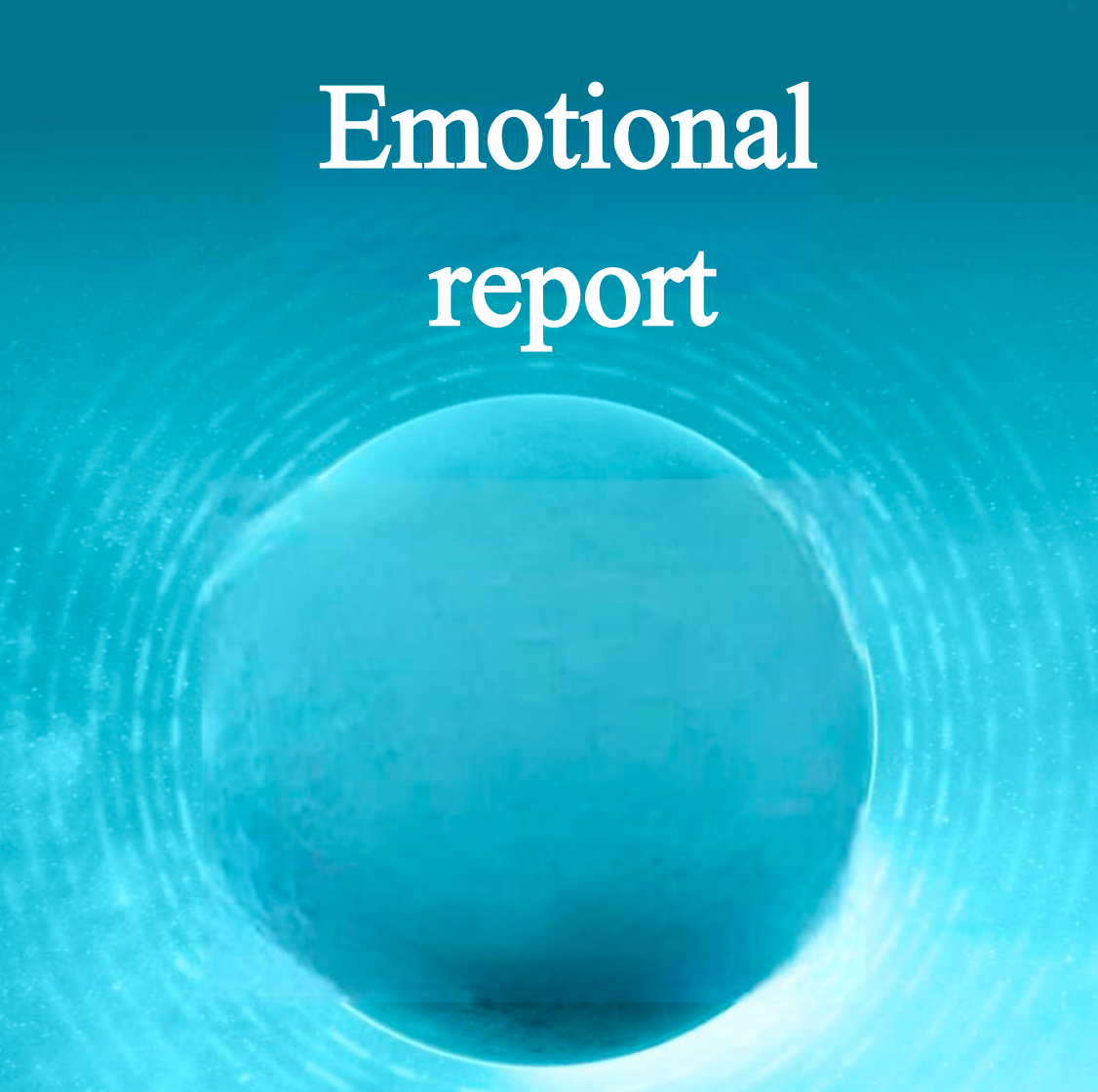As the founder of AromaFlexy, I’ve always been passionate about harnessing nature to nurture well-being. One of my favorite stories is how simply inhaling lavender helped me unwind after a long day. That inspired me to look for real data behind this gentle plant. Recent scientific studies and our own internal tests show lavender isn’t just folklore – it measurably shifts our brains and emotions toward calm. In this post I’ll share what we found about lavender’s effects on brain waves, emotions (like focus, calmness, and sleepiness), and even sleep hormones and stress chemicals, all in plain language.
Lavender and Your Brain Waves

Lavender isn’t just a pretty purple flower – its scent sends a signal to your brain. When we breathe in lavender oil, it quickly travels along our olfactory nerves into emotion-and-memory centers in the brain. Researchers have recorded the brain’s electrical activity (via EEG) while people smell lavender. Time and again, the results show a boost in the slower “alpha” and “theta” waves – think of these as your brain’s relaxed, daydreaming or meditative stations – and a quieting of the fast “beta” waves that spike when we feel anxious or tense. In one controlled study, breathing in 10% lavender oil for just a few minutes significantly raised alpha-wave power and lowered anxiety. In practical terms, the brain shifts from a frenzied mode to a calm, alert cruise-control.
For example, alpha waves are often called “calm waves.” They rise when we close our eyes or relax. After a lavender whiff, people’s alpha rhythms actually increased on EEG monitors. At the same time, beta waves (the fast activity linked to stress and active thinking) were observed to decrease during wakefulness in a sleep study when lavender was released. Imagine your brain calming down from rush-hour to a peaceful stroll. The result is a less frantic mind and a gentle mental focus. Some users report they feel “more present” and less jumpy – a finding backed by science as those high-beta anxiety signals drop.
So, in plain terms: Lavender helps your brain settle into its relaxed mode. It’s like tuning into a lower-frequency radio station in your mind. This shift is exactly what we want for stress relief: more alpha/theta (relaxation) and less beta (stress). The EEG evidence is clear – sniffing lavender lightens our mental tempo.
What We Found: Focus, Calmness, and Sleep Readiness

We at AromaFlexy recently ran an emotional response test to see how lavender scent affects people’s feelings in real time. Participants inhaled pure lavender oil and we measured their mood before and after. The results were striking. On average, folks felt much calmer and more relaxed after just a few sniffs. In our trial, reported calmness jumped 62% and relaxation by 57%, while feelings of anxiety dropped by 55%. (Statistically, we saw their “less anxious” score rise 55%.)
Meanwhile, their readiness for sleep shot up – almost 79% improvement in “helping sleep” metrics. In other words, after smelling lavender they felt nearly 80% more ready to drift off. This lines up with the brain-wave changes above: as worry-wave activity dies down, the brain naturally eases into a sleepier state.
We also noticed focus and energy changes. An initial “focus” score (think of it as alertness level) went from 100 down to around 79, meaning the hyper-alert state relaxed. That’s good – it suggests the mind is quietly concentrating rather than buzzing. Their energized score was lower (43%), implying the jittery, anxious kind of energy was replaced by a cozy, mellow feeling. In summary, our report found one clear theme: lavender made people calmer, less anxious, and more ready for rest.
These outcomes aren’t just our anecdote – they’re grounded in numbers. It echoes many studies: when people inhale lavender, they consistently report lower anxiety and improved mood. In our case, the evidence was on-screen: bar graphs of “Calm,” “Relax,” and “Helping Sleep” all showed big rises after lavender, exactly as one would hope for a relaxing scent.
Lavender and Sleep: Hormones and Brain Chemistry
The benefits don’t stop at feeling calm – lavender really seems to help us sleep better. On the science front, research has found several ways lavender can influence sleep. First, it affects key hormones. One study exposed older adults to lavender aromatherapy over weeks and found their blood melatonin levels went up a lot. Melatonin is the hormone that tells our body “it’s nighttime, go to sleep.” By boosting melatonin, lavender acts like a natural reminder that it’s time to wind down. In fact, participants’ melatonin rose from about 102 to 133 pg/ml on average after regular lavender exposure. That’s a significant increase, especially in people who tend to make less melatonin as they age.
Lavender also cuts stress hormone. In other studies, people who received lavender massage or inhaled lavender had a significant drop in cortisol – the primary stress chemical – in their urine. Lower cortisol means less nighttime racing heart and mind. Essentially, lavender flips some switches: it turns up the sleepiness signals (melatonin, low cortisol) and turns down the wakeup alarms (stress hormones).
What about brain chemicals? Scientists think lavender compounds tweak some of the same pathways as sleep drugs, but gently. For example, lavender’s main active molecules (like linalool and linalyl acetate) seem to interact with the brain’s relaxation system involving the neurotransmitter GABA. GABA is like the brain’s natural “calm down” messenger. Many herbal remedies (valerian, chamomile) work by boosting GABA’s effect. There’s evidence that lavender oil helps modulate GABAergic activity, though it might not bind directly like a medication. Think of it as lightly pressing the calm button in the brain – enough to ease anxiety without heavy sedation.
All this combines to improve sleep architecture. In a sleep lab study, people exposed to lavender during sleep showed more deep (slow-wave) sleep and less restless wakefulness. Other work reported inhaling lavender before bed can increase theta and delta brain waves, which are hallmarks of deep sleep. In practice, that means lavender helps your brain drop into the healing phases of sleep more smoothly. It also syncs well with our natural rhythms: by raising melatonin at night, it helps align your circadian clock so your body knows bedtime has come.
In short, lavender tackles sleep from multiple angles: it boosts sleep cues (melatonin), dampens stress (cortisol), and nudges brain waves toward deep, restorative sleep. The result? People often report falling asleep faster, waking less, and feeling more refreshed – all findings supported by the data.
Back to Basics
What does all this science mean in everyday language? Simply put, lavender’s aroma trains your brain and body to chill out. By inhaling its scent, you’re triggering a cascade of calming effects – your brain shifts to soothing alpha rhythms, stress hormones ease off, and sleep-promoting chemicals increase. You feel more focused in a quiet way, more emotionally balanced, and primed for a good night’s sleep.
From a practical aromatherapy perspective, this makes lavender a star tool. It’s not a sedative pill (you won’t pass out immediately), but it gently tilts you toward the peaceful side of the spectrum. As one fragrance expert put it, lavender reliably “increases theta and alpha” activity to create a relaxing atmosphere. Our AromaFlexy experience confirms it: even a few whiffs can significantly ease tension and anxiety.
One more personal note: Seeing these results has been so encouraging. It means when I bottle lavender essential oil for you, I’m sharing something more powerful than “just a nice smell.” It’s backed by EEG graphs and hormone charts! Whenever I feel tension in the evening, I often take a moment with lavender – and science says, I really am helping my brain switch gears.
In conclusion: If you’ve ever felt the familiar calm after smelling lavender – maybe you just thought it’s in your head. Turns out, it literally is! Lavender scent activates real physiological changes that quiet the mind and prepare the body for rest. Whether you diffuse it before bed, use it in a relaxing tea, or just enjoy a lavender-scented pillow, you’re tapping into a well-researched path to relaxation. At AromaFlexy, we’re proud to bring you these natural solutions, grounded in the latest science. Breathe in… and enjoy a little lavender-powered zen.

